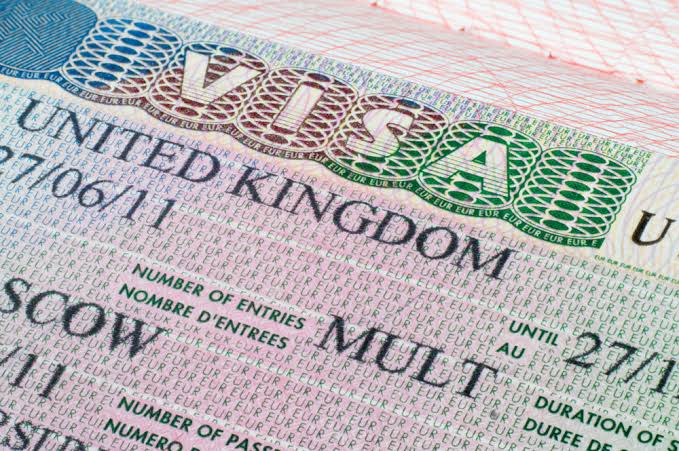
Raphael Kanu
The United Kingdom government has announced a significant policy change reducing the post-study work period for international students, including Nigerians, from two years to 18 months. The new regulation will take effect from January 2027, as part of broader immigration reforms.
UK Home Secretary Shabana Mahmood disclosed the new policy during a presentation to Parliament, stating that the measure forms part of the government’s new “Plan for Change” to tighten immigration control while maintaining the UK’s position as a global education destination.
According to a statement published on the UK government’s official website, the revised rule shortens the time allowed for graduates to secure a qualifying job in the UK after their studies. It also raises the Immigration Skills Charge (ISC)—a levy paid by employers sponsoring skilled foreign workers—by 32 per cent, marking the first increase since 2017.
“The adjustment seeks to ensure that graduates contribute effectively to the UK economy and that employers invest more in developing local talent,” the statement read. “The government is committed to maintaining high standards of English proficiency and ensuring that post-study opportunities serve their intended purpose.”
The government further clarified that the decision followed data indicating that many foreign graduates were not transitioning into graduate-level jobs as expected. From 2027, most graduates will be permitted to stay for a maximum of 18 months after completing their studies before securing employment or leaving the country.
The reform also aligns with other recent measures tightening migration pathways. In January 2024, the UK stopped international students from bringing dependants unless enrolled in postgraduate research programmes or government-sponsored courses. Additionally, tuition fees for the 2025/26 academic year rose by 3.1 per cent, from £9,250 to £9,535, while English language requirements for study, work, and settlement are being made more stringent.
These changes come amid a decline in the number of international students choosing the UK as a study destination, as competing nations like Canada and Australia maintain more flexible post-study migration policies.
For many Nigerian students—who make up one of the UK’s largest international student populations—the new rule could influence future study decisions, particularly given rising costs and stricter visa conditions.
Education analysts, however, note that the UK remains a top global academic hub despite the policy shifts, owing to its strong institutional reputation and diverse research opportunities.
